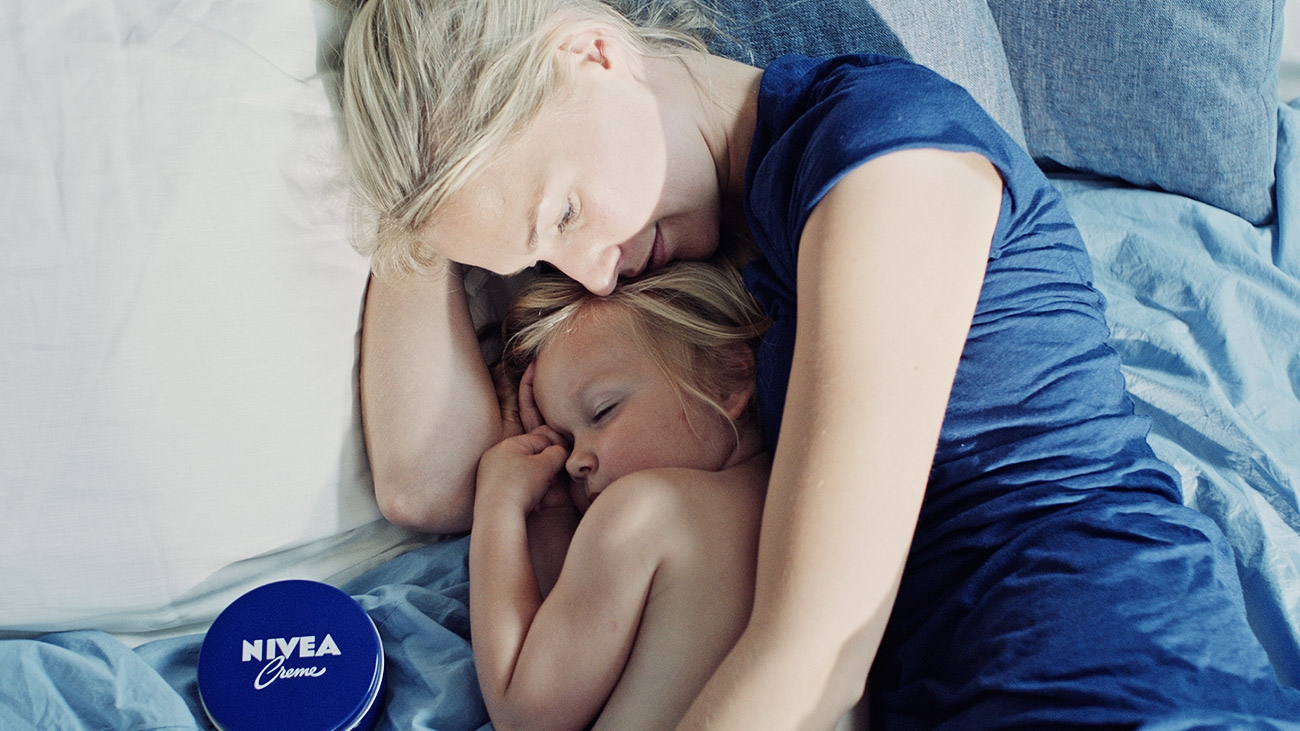Hans Anders
Building a keyword cannibalisation model to achieve synergy between SEA and SEO

The most frequent question amongst digital marketers is whether or not to advertise on their own brand name. There are endless articles that feature recommendations about this specific topic. However, the advice is often too broad. Therefore, our experts decided to take a critical look at the added value of purchasing advertisements on one’s brand name. The result? A keyword cannibalisation model that uses data to determine, in real-time, whether your brand name advertisements are working.
A long-term relationship that fosters innovation
This project started off as a collaboration with Hans Anders, a Dutch-based retailer that has been transforming the optical and hearing aid industry for the past forty years. For the last five years, DEPT® and Hans Anders have been pushing the boundaries of innovation and experimenting with new ways to optimise the company’s fixed media budget. Together, we investigated whether brand name campaigns have added value. This led us to not only help Hans Anders to save more than 17k of their annual marketing budget but also develop a commercial keyword cannibalisation model which can be applied to any company.
A keyword cannibalisation model that works in real-time
An old-fashioned experiment to test our hypothesis
To kick off our investigation, we decided to conduct an old-fashioned experiment and compare the total number of clicks on the Hans Anders name if we both continued the brand name campaigns and also paused them, over the course of a week. To ensure a fair conclusion, we segmented results by device type and search terms. As mobile and desktop search pages look quite different from one another.

Building a predictive model based on historical data inputs
We also needed to know what would have happened if we hadn’t paused the campaigns. So we built a model that uses machine learning and historical organic and paid click data to predict the results of the paused ads. The model runs automatically and updates itself continuously if enabled. Thus ensuring the most up-to-date results.
We observed that keyword cannibalisation for Hans Anders was taking place across all brand-related searches on desktop. Meaning the paid brand name campaigns were of no added value to the company and were, in fact, hindering the company’s SEO efforts. Across both tablet and mobile, we also observed cannibalisation, but across a much smaller scale. So we were able to quickly pause those campaigns which negatively affected the company’s SEO strategy, and invest the extra budget into other channels that deliver better results, saving the company 17k in the process.
Finding synergy between SEO and SEA
Marketers no longer have to wonder whether or not they should advertise on their brand name and make a decision based on gut feeling and assumptions. Our cannibalisation model uses data to make predictions, enabling companies to immediately anticipate market changes and demands and make adjustments if necessary. This can radically change one’s media strategy by enabling brands to know when brand name advertisements have added value and when they do not.
Questions?
Descubrir más


